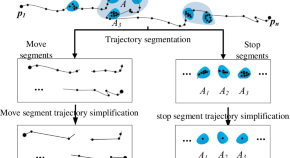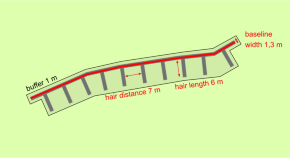
Collection
Automated map generalization: emerging techniques and new trends
- Submission status
- Closed
Automated map generalization has been a major area of research for decades but has still not reached maturity. Besides the needs for more adaptive algorithms, a fundamental question remains: can we transfer human generalization knowledge into a computational system? Previous efforts do not seem capable to fully overcome the ‘knowledge acquisition bottleneck.’ As new theories and technologies have emerged in artificial intelligence, especially deep neural networks, computers are now able to solve human level tasks, showing great potential in automated generalization.
In the meantime, crowdsourced geographic information is growing at an increasing speed, and the needs for visualizing and analyzing the data at various scales are numerous. It is therefore necessary to adapt map generalization to new contexts (e.g., online maps, 3D models or crowd-sourced geo-data).
On the other hand, map generalization today also functions as a pattern analysis and mining tool. For example, the ‘overview first, zoom and filter, then details-on-demand’ method in information visualization is essentially the same as the generalization approach to data analysis. This highlights the potential of applying generalization techniques, such as simplification and aggregation, in the visual, interactive, and exploratory analysis of abstract (e.g., hierarchical relations) and physical (e.g., movement trajectories) data.
Therefore, we believe that it is now important to showcase the latest developments and trends in map generalization to a wider and interdisciplinary audience. The Special Issue is open for contributions related but not limited to the following topics:
Deep/Machine learning techniques for data enrichment and generalization
Continuous/variable/multi scale representations
Adaptive generalization algorithms
3D generalization and LOD models
Generalization and integration of crowd-sourced geographic data
Generalization practices for map production
Changing map requirements/specifications
Generalization in web mapping and map mashups
Generalization of trajectory/flow/spatial interaction data
Use cases of generalization for data analysis and mining in other domains
Quality or cognitive evaluation of generalization
Editors
-
Dr. Xiang Zhang
School of Resource and Environmental Sciences, Wuhan University, Wuhan, China E-mail: xiang.zhang@whu.edu.cn
-
Dr. Guillaume Touya
LASTIG, Univ Gustave Eiffel, ENSG, IGN, Saint-Mandé, France E-mail: Guillaume.Touya@ign.fr
-
Dr. Martijn Meijers
Delft University of Technology, Delft, the Netherlands E-mail: b.m.meijers@tudelft.nl
Articles (5 in this collection)
-

-
Label Placement Challenges in City Wayfinding Map Production—Identification and Possible Solutions
Authors (first, second and last of 8)
- Lars Harrie
- Rachid Oucheikh
- Perola Olsson
- Content type: OriginalPaper
- Open Access
- Published: 25 May 2022
- Article: 16
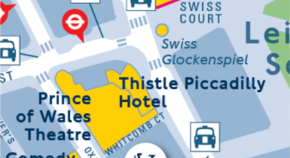
-
Constraint-Based Evaluation of Map Images Generalized by Deep Learning
Authors
- A. Courtial
- G. Touya
- X. Zhang
- Content type: OriginalPaper
- Published: 07 May 2022
- Article: 13
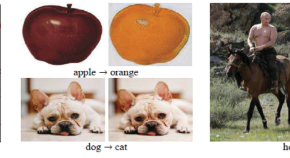
-
A fast generalization method of multibeam echo soundings for nautical charting
Authors (first, second and last of 5)
- Linyi Yu
- Jiawei Du
- Haizhong Qian
- Content type: OriginalPaper
- Published: 16 December 2021
- Article: 2
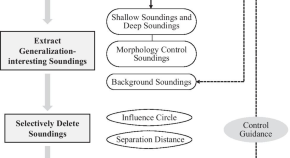
-
A Semantics-Based Trajectory Segmentation Simplification Method
Authors
- Minshi Liu
- Guifang He
- Yi Long
- Content type: OriginalPaper
- Open Access
- Published: 27 September 2021
- Article: 19
